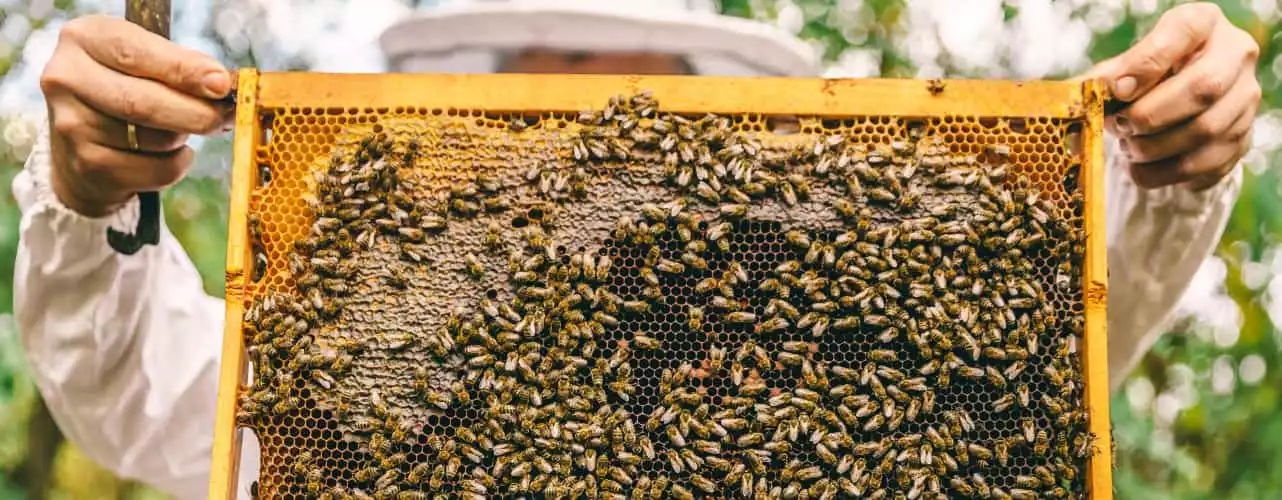Community Involvement
At Honey Bee RV Storage, we know that what we do matters. We chose the honey bee as our namesake because we are striving to make our company as central and useful to our customers as the honey bee is to the ecosystem and to support a core value of our customer base – environmental health.
While honey bees are universally known for producing honey, they also play a vital role in pollinating plants that comprise nearly 80% of cultivated crops and one-third of the food we eat. This includes fruits, vegetables, seeds, and nuts ranging from blueberries and almonds to coffee and cucumbers.
Honey bee populations have struggled because of disease, pesticides and other factors. Honey Bee RV Storage actively supports the environment, and bees specifically, by contributing to Project Apism. This non-profit organization is a leader in funding research and efforts to improve honey bee health and vitality. We also encourage our customers to supplement our contributions to honey bee research by linking online to Project Apism and making a direct donation.
*Source: U.S. Department of Agriculture and Virginia Farm Bureau.
